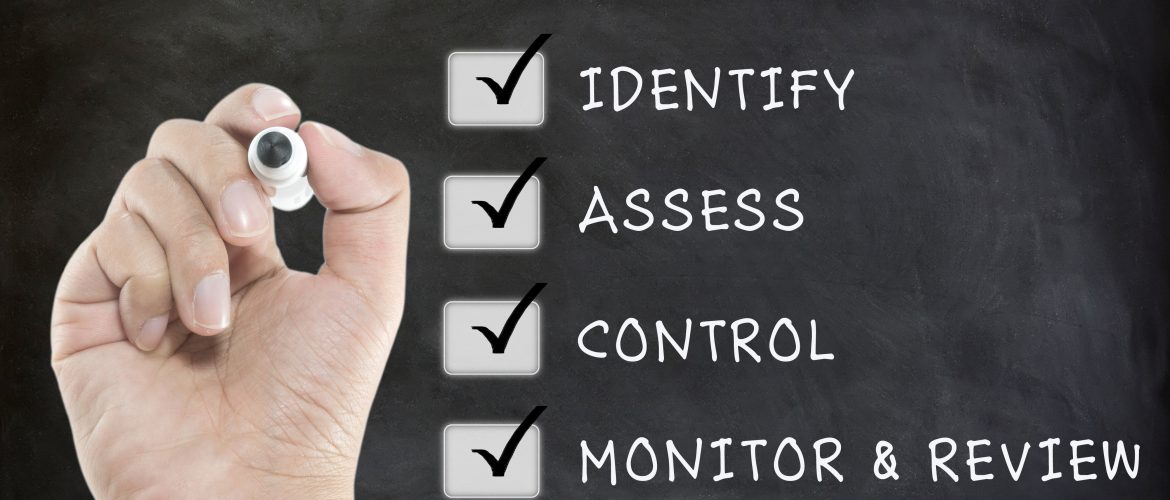Conflicts of Interest in Healthcare: An Introduction
Jeannine LeCompte; Compliance Research Specialist
According to the Institute on Medicine as a Profession (IMAP), conflicts of interest “arise when the professional responsibilities of individuals or organizations are, or have the potential to be, compromised by other, external obligations.”
Equally important, IMAP adds, the “failure of fiduciary responsibility is the key concept in defining conflict of interest situations.”
In a nutshell, a conflict of interest is a set of circumstances that creates a risk that professional judgment or actions regarding a primary interest will be unduly influenced by a secondary interest.
These conflicts of interest most often take one of four forms:
– An individual uses his or her position for financial gain: either to benefit personally, or for an outside company in which that person has a direct interest;
– An outside company or individual influences the way in which employees carry out their duties through payments, inducements, or kickbacks of any sort;
– Outside financial interests or crossovers which can cause harm to a facility’s reputation, staff, or patients; and
– An outside relationship or distraction causes an employee to divert time or resources from his or her employer.
The danger posed by conflicts of interest are numerous, and can have serious criminal consequences because of the interrelatedness of government payment systems and the provision of healthcare—and this is particularly so in the long-term care sector, where, more often than not, Medicaid/Medicare payments are standard.
Apart from the obvious criminality of stealing from the state, conflict of interest situations can—and do—compromise the standing and professional responsibility of the entire medical sector. The public image damage done to the profession can be more long lasting and serious than an individual prosecution, and this fact places a moral obligation upon practitioners throughout the sector.
Most conflict of interest scenarios involve compromising professional responsibilities by pursuing private financial gain. Unsuitable collaboration must be carefully controlled to ensure public trust.
To minimize the risk of potential conflicts of interest, facilities should have clearly defined policies consistent with applicable legal requirements and standards of practice.



















